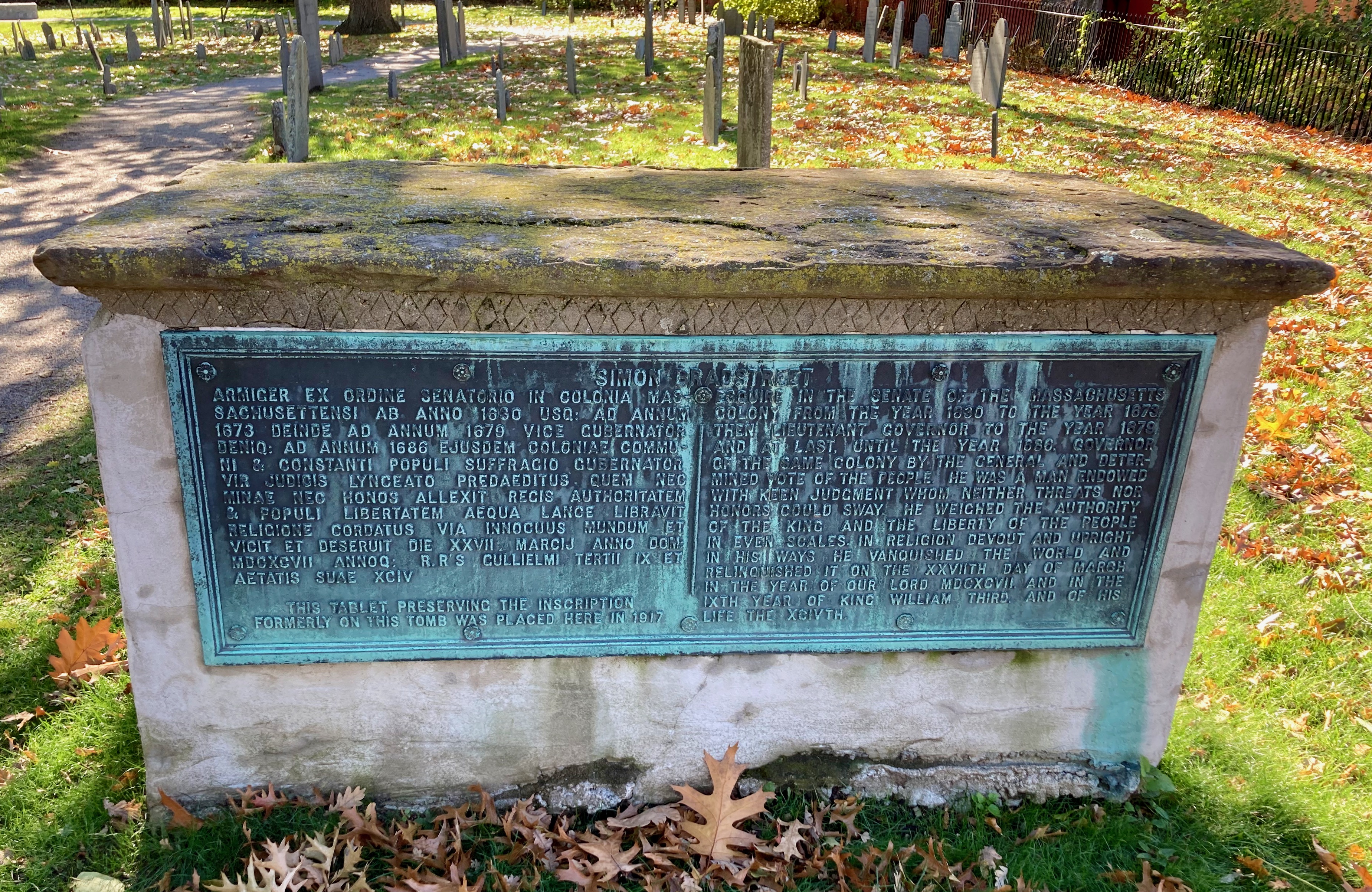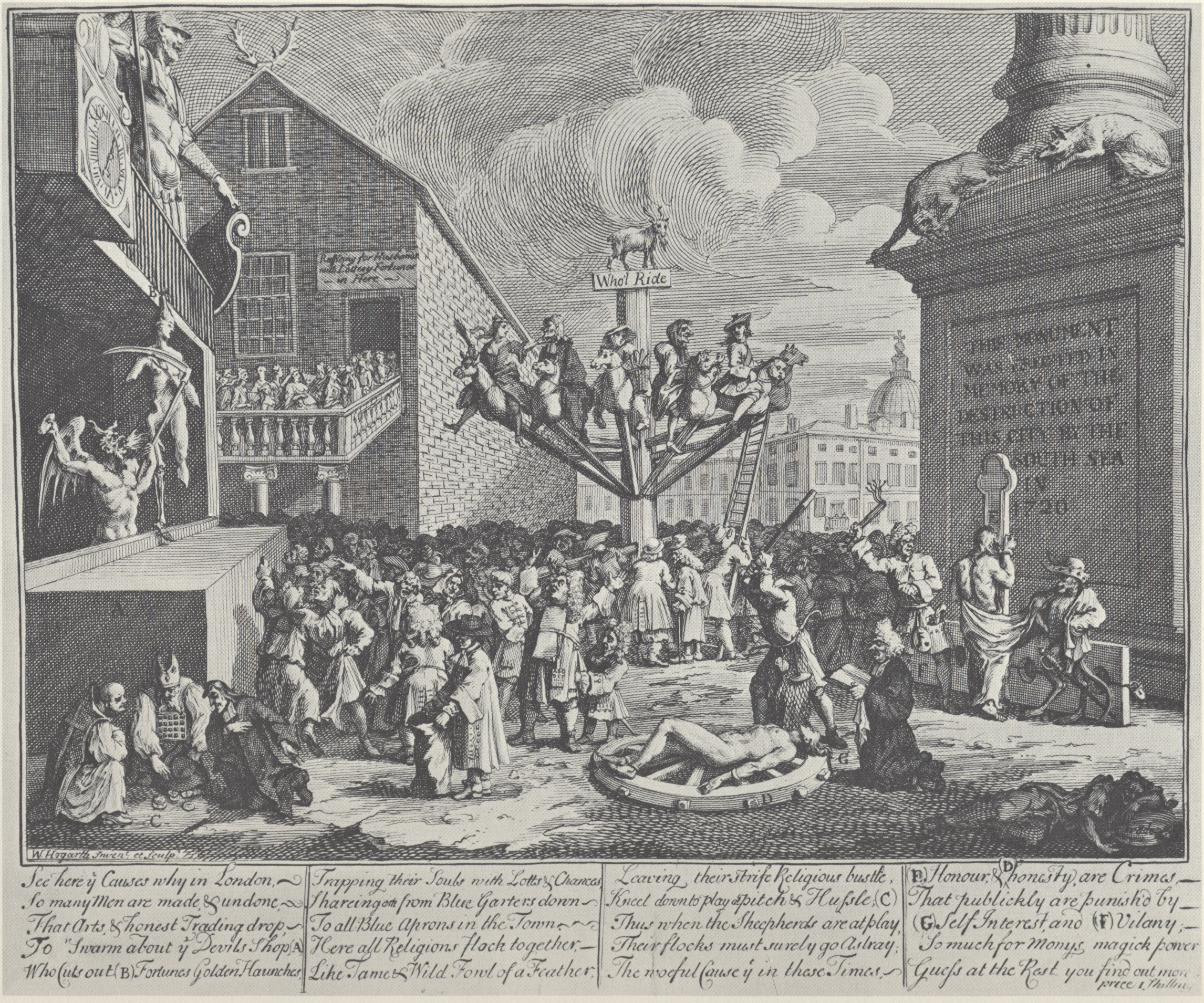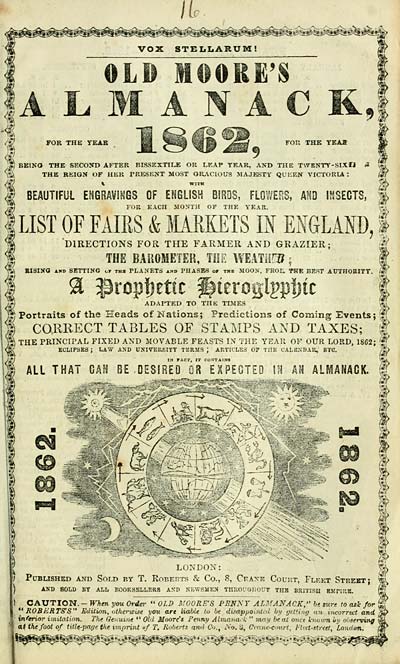|
1697 In England
Events from the year 1697 in England. Incumbents * Monarch – William III * Parliament – 3rd of King William III Events * May – John Vanbrugh's comedy ''The Provoked Wife'' premières in London at Lincoln's Inn Fields Theatre. * 15 May – violent hail storm across Hertfordshire, perhaps the most severe ever in Britain. * 30 June – earliest known first-class cricket match takes place, in Sussex. * 20 September – the Treaty of Ryswick ends the War of the Grand Alliance; France recognises William III as King of England. * 2 December – first service (to celebrate the Treaty of Ryswick) held in St Paul's Cathedral since rebuilding work after the Great Fire of London began. * Trade with Africa Act 1697 (''An Act to settle the Trade to Africa'') confirms the Royal African Company's loss of monopoly on the Atlantic slave trade, with effect from 1698. * Poor Act 1697 requires badging of recipients of parish welfare. Publications * Daniel Defoe's ''An Essay upon Projects'', fav ... [...More Info...] [...Related Items...] OR: [Wikipedia] [Google] [Baidu] |
1697
Events January–March * January 8 – Thomas Aikenhead is hanged outside Edinburgh, becoming the last person in Great Britain to be executed for blasphemy. * January 11 – French writer Charles Perrault releases the book ''Histoires ou contes du temps passé'' (literally "Tales of Past Times", known in England as "Mother Goose tales") in Paris, a collection of popular fairy tales, including ''Cinderella'', ''Puss in Boots'', ''Red Riding Hood'', ''The Sleeping Beauty'' and ''Bluebeard''. * February 8 – The English infantry regiment of Arthur Chichester, 3rd Earl of Donegall is disbanded four years after it was first raised. * February 22 – Gerrit de Heere becomes the new Governor of Dutch Ceylon, succeeding Thomas van Rhee and administering the colony for almost six years until his death. * February 26 – Conquistador Martín de Ursúa y Arizmendi and 114 soldiers arrive at Lake Petén Itzá in what is now Guatemala and begin the Spanish conquest of Guatemala with a ... [...More Info...] [...Related Items...] OR: [Wikipedia] [Google] [Baidu] |
Great Fire Of London
The Great Fire of London was a major conflagration that swept through central London from Sunday 2 September to Thursday 6 September 1666, gutting the medieval City of London inside the old Roman city wall, while also extending past the wall to the west. The death toll is generally thought to have been relatively small, although some historians have challenged this belief. The fire started in a bakery in Pudding Lane shortly after midnight on Sunday 2 September, and spread rapidly. The use of the major firefighting technique of the time, the creation of firebreaks by means of removing structures in the fire's path, was critically delayed due to the indecisiveness of the Lord Mayor, Sir Thomas Bloodworth. By the time large-scale demolitions were ordered on Sunday night, the wind had already fanned the bakery fire into a firestorm which defeated such measures. The fire pushed north on Monday into the heart of the City. Order in the streets broke down as rumours arose of ... [...More Info...] [...Related Items...] OR: [Wikipedia] [Google] [Baidu] |
Sir Richard Temple, 3rd Baronet
Sir Richard Temple, 3rd Baronet (28 March 1634 – 8 May 1697) was an English politician who sat in the House of Commons at various times between 1654 and 1697. Life Temple was the son of Sir Peter Temple, 2nd Baronet of Stowe and his second wife Christian Leveson, daughter of Sir John Leveson. He was admitted at Gray's Inn on 6 November 1648 and at Emmanuel College, Cambridge on 23 December 1648. He inherited the baronetcy on the death of his father in September 1653. In 1654, Temple was elected Member of Parliament for Warwickshire in the First Protectorate Parliament and in 1659, he was elected MP for Buckingham in the Third Protectorate Parliament. Temple was elected MP again for Buckingham in 1660 for the Convention Parliament. He was made Knight of the Bath on 18 April 1661. He was re-elected in 1661 for the Cavalier Parliament and sat until 1679. He was a member of the Council for foreign plantations in 1671 and commissioner of customs from 1672 to 1694. He took a lead ... [...More Info...] [...Related Items...] OR: [Wikipedia] [Google] [Baidu] |
Simon Bradstreet
Simon Bradstreet (baptized March 18, 1603/4In the Julian calendar, then in use in England, the year began on March 25. To avoid confusion with dates in the Gregorian calendar, then in use in other parts of Europe, dates between January and March were often written with both years. Dates in this article are in the Julian calendar unless otherwise noted. – March 27, 1697) was a colonial magistrate, businessman, diplomat, and the last governor of the Massachusetts Bay Colony. Arriving in Massachusetts on the Winthrop Fleet in 1630, Bradstreet was almost constantly involved in the politics of the colony but became its governor only in 1679. He served on diplomatic missions and as agent to the crown in London, and also served as a commissioner to the New England Confederation. He was politically moderate, arguing minority positions in favor of freedom of speech and for accommodation of the demands of Charles II of England, King Charles II following English Restoration, his restor ... [...More Info...] [...Related Items...] OR: [Wikipedia] [Google] [Baidu] |
Sir John Fenwick, 3rd Baronet
Sir John Fenwick, 3rd Baronet (c. 1645 – 28 January 1697) was an English Jacobite conspirator, who succeeded to the Baronetcy of Fenwick on the death of his father in 1676. He was involved in a Jacobite plot to assassinate the monarch. He was beheaded in 1697. Life Fenwick was the eldest son of Sir William Fenwick, or Fenwicke, a member of an old Northumberland family. He entered the army, becoming major-general in 1688, but before this date, he had been returned in succession to his father as one of the Members of Parliament for Northumberland, which county he represented from 1677 to 1687. He was a strong partisan of King James II, and in 1685 was one of the principal supporters of the act of attainder against the Duke of Monmouth; but he remained in England when William III ascended the throne in the Revolution of 1688. He had financial problems and in 1688 he sold the rump of the family estates and Wallington Hall to Sir William Blackett for £4000 and an annuity of ... [...More Info...] [...Related Items...] OR: [Wikipedia] [Google] [Baidu] |
William Hogarth
William Hogarth (; 10 November 1697 – 26 October 1764) was an English painter, engraver, pictorial satirist, social critic, editorial cartoonist and occasional writer on art. His work ranges from realistic portraiture to comic strip-like series of pictures called "modern moral subjects", and he is perhaps best known for his series ''A Harlot's Progress'', ''A Rake's Progress'' and '' Marriage A-la-Mode''. Knowledge of his work is so pervasive that satirical political illustrations in this style are often referred to as "Hogarthian". Hogarth was born in London to a lower-middle-class family. In his youth he took up an apprenticeship with an engraver, but did not complete the apprenticeship. His father underwent periods of mixed fortune, and was at one time imprisoned in lieu of outstanding debts, an event that is thought to have informed William's paintings and prints with a hard edge. Influenced by French and Italian painting and engraving, Hogarth's works are mostly sat ... [...More Info...] [...Related Items...] OR: [Wikipedia] [Google] [Baidu] |
Old Moore's Almanack
''Old Moore’s Almanack'' is an astrological almanac This article gives a list of various almanacs. Note that ''almanac'' can also be spelled ''almanack'', and some of the publications listed use this form. Wikipedia almanac-type data * List of reference tables Printed almanacs * '' Barbaner ... which has been published in Britain since 1697. It was written and published by Francis Moore, a self-taught physician and astrologer who served at the court of Charles II. The first edition in 1697 contained weather forecasts. In 1700 Moore published ''Vox Stellarum'', The Voice of the Stars, containing astrological observations; this was also known as ''Old Moore’s Almanack''. It was a bestseller throughout the 18th and 19th centuries, selling as many as 107,000 copies in 1768. Names attributed to the post Moore era of the almanack include Tycho Wing and Henry Andrews. The almanac is still published annually by W. Foulsham & Company Limited, giving predictions of w ... [...More Info...] [...Related Items...] OR: [Wikipedia] [Google] [Baidu] |
Francis Moore (astrologer)
Francis Moore (29 January 1657 – 1715) was an English physician and astrologer who wrote and published what later became ''Old Moore's Almanack''. He was born into poverty in Bridgnorth, reputedly in one of the cave dwellings in the vicinity of St Mary's Steps. Moore was self-educated, learning to read by himself, and became a physician and astrologer. He served at the court of Charles II of England. The almanac that bears his name was first published in 1697, originally giving weather and astrological predications, and is still published annually. References Author and Book Info.com. 1657 births 1715 deaths English astrologers 17th-century astrologers 16th-century astrologers Almanac compilers People from Bridgnorth {{England-bio-stub ... [...More Info...] [...Related Items...] OR: [Wikipedia] [Google] [Baidu] |
Income Tax
An income tax is a tax imposed on individuals or entities (taxpayers) in respect of the income or profits earned by them (commonly called taxable income). Income tax generally is computed as the product of a tax rate times the taxable income. Taxation rates may vary by type or characteristics of the taxpayer and the type of income. The tax rate may increase as taxable income increases (referred to as graduated or progressive tax rates). The tax imposed on companies is usually known as corporate tax and is commonly levied at a flat rate. Individual income is often taxed at progressive rates where the tax rate applied to each additional unit of income increases (e.g., the first $10,000 of income taxed at 0%, the next $10,000 taxed at 1%, etc.). Most jurisdictions exempt local charitable organizations from tax. Income from investments may be taxed at different (generally lower) rates than other types of income. Credits of various sorts may be allowed that reduce tax. Some jurisdicti ... [...More Info...] [...Related Items...] OR: [Wikipedia] [Google] [Baidu] |
Daniel Defoe
Daniel Defoe (; born Daniel Foe; – 24 April 1731) was an English writer, trader, journalist, pamphleteer and spy. He is most famous for his novel ''Robinson Crusoe'', published in 1719, which is claimed to be second only to the Bible in its number of translations. He has been seen as one of the earliest proponents of the English novel, and helped to popularise the form in Britain with others such as Aphra Behn and Samuel Richardson. Defoe wrote many political tracts, was often in trouble with the authorities, and spent a period in prison. Intellectuals and political leaders paid attention to his fresh ideas and sometimes consulted him. Defoe was a prolific and versatile writer, producing more than three hundred works—books, pamphlets, and journals — on diverse topics, including politics, crime, religion, marriage, psychology, and the supernatural. He was also a pioneer of business journalism and economic journalism. Early life Daniel Foe (his original name) was probabl ... [...More Info...] [...Related Items...] OR: [Wikipedia] [Google] [Baidu] |
Poor Act 1697
The Poor Act 1697 (8 & 9 Will. III, c. 30), formally titled An Act for supplying some Defects in the Laws for the Relief of the Poor of this Kingdom, was a 1697 welfare statute, operating within the framework of the Act for the Relief of the Poor 1601, also called the Elizabeth I of England, Elizabethan Poor Act. This Act is perhaps best remembered for its expansion of the requirement that welfare recipients be marked to indicate their status, in this case by wearing a prominent badge. Badging the poor This Act required that all welfare recipients, including the wife and children of the head of a household receiving welfare, wear badges prominently on their right shoulders. These badges would contain the first letter of their parish name, followed by the letter "P". Thus, a recipient from Ampthill parish would wear a badge reading "AP". In her ''Curious Punishments of Bygone Days'', Alice Morse Earle noted that this practice was also seen in Colonial America, though the badge format ... [...More Info...] [...Related Items...] OR: [Wikipedia] [Google] [Baidu] |
Atlantic Slave Trade
The Atlantic slave trade, transatlantic slave trade, or Euro-American slave trade involved the transportation by slave traders of enslaved African people, mainly to the Americas. The slave trade regularly used the triangular trade route and its Middle Passage, and existed from the 16th to the 19th centuries. The vast majority of those who were transported in the transatlantic slave trade were people from Central and West Africa that had been sold by other West Africans to Western European slave traders,Thornton, p. 112. while others had been captured directly by the slave traders in coastal raids; Europeans gathered and imprisoned the enslaved at forts on the African coast and then brought them to the Americas. Except for the Portuguese, European slave traders generally did not participate in the raids because life expectancy for Europeans in sub-Saharan Africa was less than one year during the period of the slave trade (which was prior to the widespread availability of quini ... [...More Info...] [...Related Items...] OR: [Wikipedia] [Google] [Baidu] |






.jpg)
.jpg)